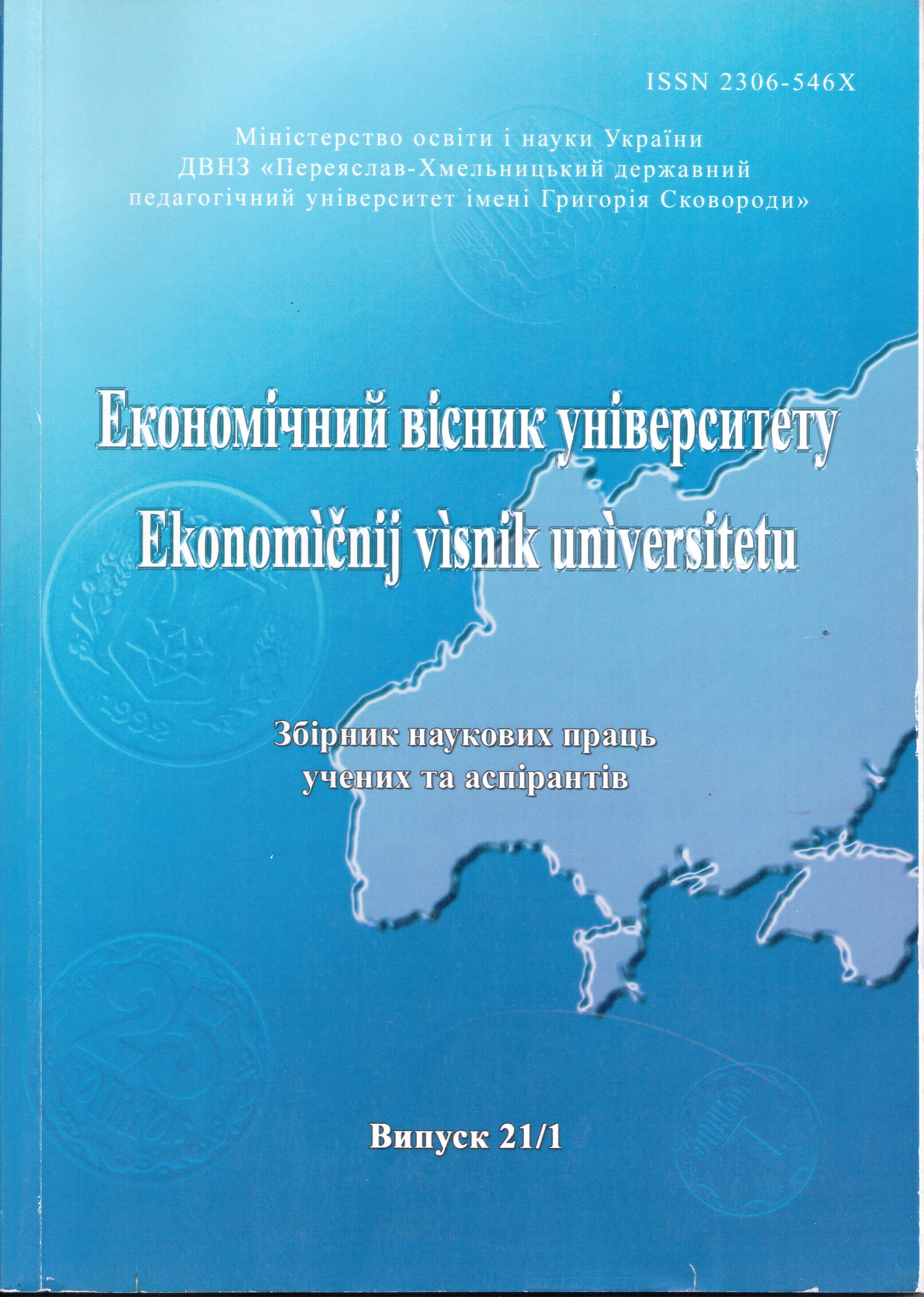Анализ организации заработной платы в бюджетном секторе в зарубежных странах и возможность использования опыта в республике Беларусь
Analysis of organizing salary payments in the budget sector of foreign countries and possibility of using experience by the Republic of Belarus
Author(s): Irina PopovaSubject(s): National Economy, Public Administration, Labor relations, Public Finances, Human Resources in Economy
Published by: Університет Григорія Сковороди в Переяславі
Keywords: organization of salary payments; labor stimulation; flexible systems of labor remuneration; budget sector of economy; state service; experience of foreign countries
Summary/Abstract: The article considers the experience of organizing salary payments in the European countries which for the time being actively improve the remuneration system for the employees in budget sector; reviews new effective remuneration systems permitting to assess their effectiveness; analyzes the possibilities of applying definite systems in Belarus which requires the improvement of remuneration system in budget sector. The aim of this article is to study the experience of organizing and motivating labor of employees in budget sector of different European countries and its adaptation to the Belarus environment, taking into account peculiarities of economic development of our country and today's realities. Analysis of experience of foreign countries in organizing the remuneration system of employees in budget sector leads to the following conclusions: 1. There is the positive experience of applying tariff networks to pay salaries to the employees of budget sector in some economically developed countries (Germany, Great Britain, Poland, Lithuania etc.). 2. Simultaneously with the state regulation in the economically developed countries, new flexible remuneration systems are getting more and more popular. The European counties are characterized by the developed system of payments for knowledge and competence what permits to take into account the individual peculiarities and needs of employee by means of transferring part of “flexible payments” in the programs in which such employee is interested. It is reasonable to apply similar systems in Belarus, widen the systems of bonuses, motivation for reaching long–term aims, social packages and non–material stimulation. 3. Positive direction of organizing remuneration system for the employees in budget sector in Sweden is the developed system of social protection which gives additional rights at dismissal and search for employment. Experience of Sweden to completely abandon the system of establishing salary on the centralized level is unacceptable for Belarus. 4. In Russian Federation for the time being transfer to the branch systems of labor remuneration was completed in budget sphere. Rights of managers of republican authorities and budget organizations in the issues of labor remuneration are extended taking into account peculiarities of corresponding budget sector. Branch remuneration systems need improvement. Nevertheless, Russian experience in the implementation of branch remuneration systems for the employees of budget sector is the most interesting for Belarus. 5. Usage of German experience in payment for the labor of pedagogic specialists of higher educational establishments shall also be paid special attention. Salary of professors includes not only fixed amount, corresponding to one out of three categories, but of the additional stimulating payments depending on work effectiveness. Negative point is that all the categories of pedagogues stop receiving long–service bonuses. 6. In economically developed countries and in leading CIS countries active work is performed with the aim of improving the remuneration system for the employees in budget sector. Together with the methods of ETC improvement, new effective instruments of remunerating employees, permitting to take into account the results of their activities, are applied.
Journal: Економічний вісник університету
- Issue Year: 1/2013
- Issue No: 21
- Page Range: 129-135
- Page Count: 7
- Language: Russian

